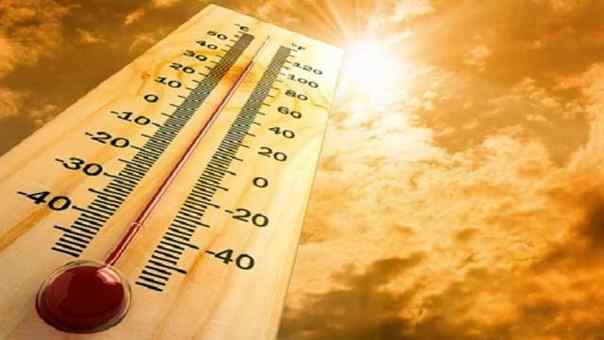Karachi continues to reel under the oppressive grip of a relentless heatwave, with the latest reports confirming two additional casualties attributed to the extreme weather conditions. According to the Sindh Health Department’s announcement on Thursday, the scorching temperatures in the city have now claimed a total of 51 lives since the onset of summer.
The fatalities occurred at Civil Hospital Karachi, where victims succumbed to heatstroke amidst soaring temperatures that have plagued the region for several days. Despite assurances from the power utility, residents have endured prolonged and unannounced power outages, exacerbating the already dire situation.
The mercury in Karachi soared to a staggering 40.5°C recently, with the “feels like” temperature reaching a blistering 56°C. This index accounts for factors such as humidity, wind speed, and air temperature, which collectively influence how weather conditions are perceived. Meteorologists emphasize that the perceived temperature, or “feels like” temperature, can often exceed the actual temperature due to environmental variables.
Explaining further, health officials disclosed that nearly 50 new cases of heatstroke were reported within the past 24 hours alone, underscoring the severity of the ongoing crisis. The Pakistan Meteorological Department (PMD) reported that Karachi’s current temperature stands at 37°C, but due to high humidity levels of 64% and a 24 km/h sea breeze, the actual sensation is closer to 54°C.
The “feels like” temperature metric reflects the heat absorbed and emitted by the Earth’s surface, impacting human perception of weather conditions. This interaction, in conjunction with atmospheric elements, contributes significantly to how individuals experience and cope with extreme heat.
As Karachi grapples with these challenging conditions, authorities continue to advise precautionary measures, urging residents to stay hydrated, avoid direct sunlight during peak hours, and remain vigilant for symptoms of heat-related illnesses. Efforts are underway to mitigate the impact of the heatwave, but the situation remains critical, demanding concerted efforts to safeguard public health amidst the sweltering summer temperatures.
